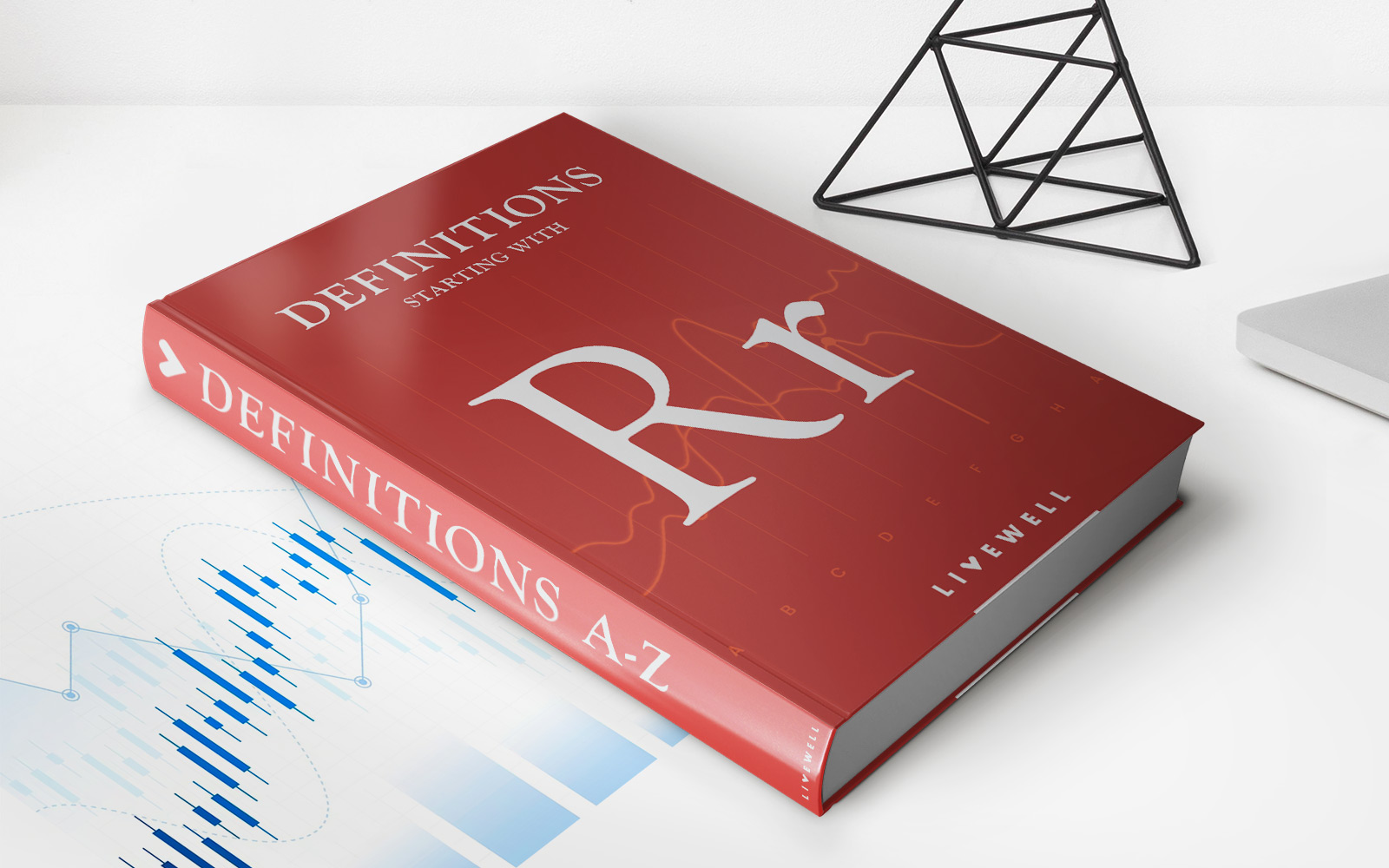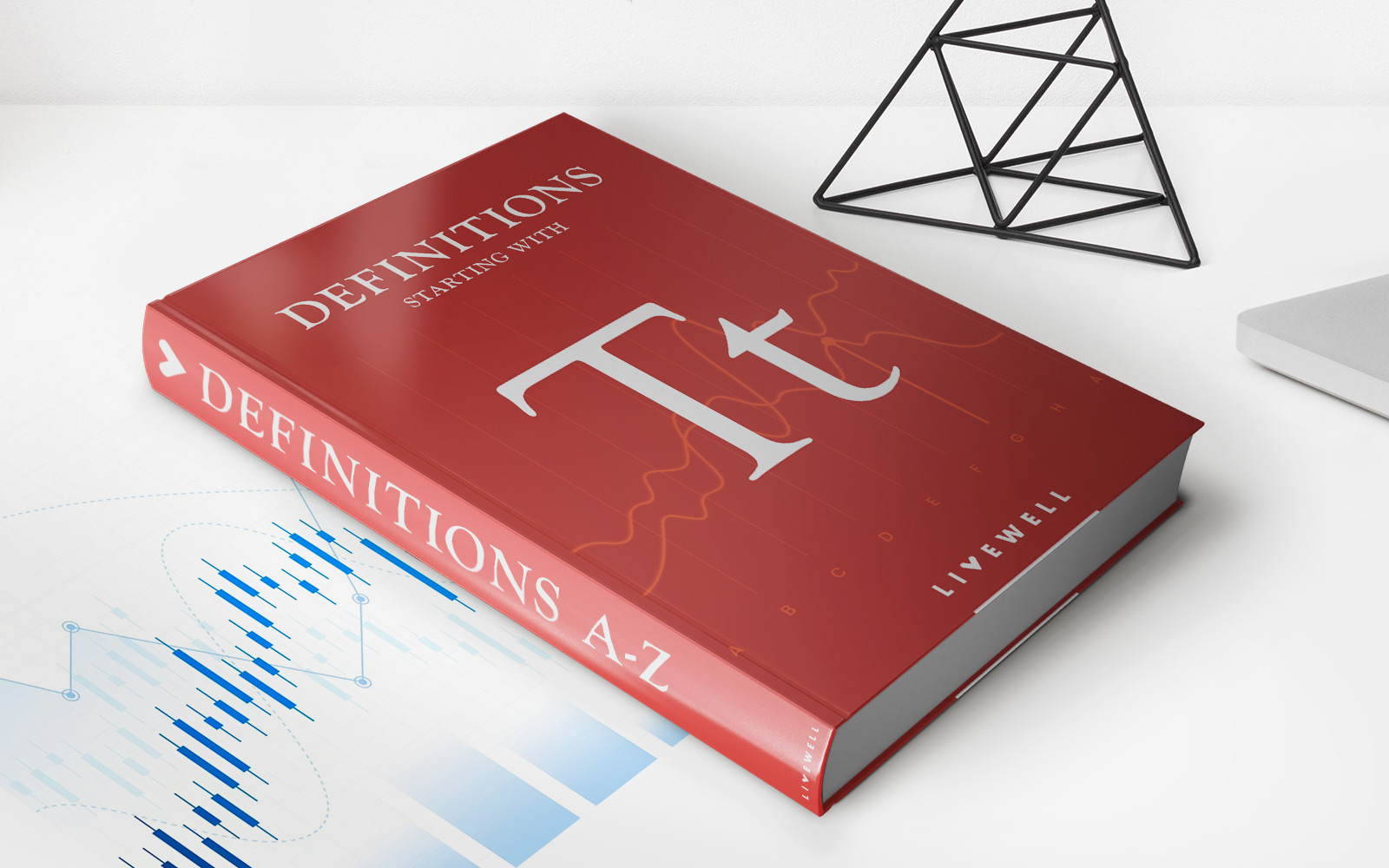

Finance
Canadian Royalty Trust (CanRoy) Definition
Published: October 22, 2023
Learn about Canadian Royalty Trusts (CanRoy) in the finance sector. Understand their definition and how they impact financial markets.
(Many of the links in this article redirect to a specific reviewed product. Your purchase of these products through affiliate links helps to generate commission for LiveWell, at no extra cost. Learn more)
Understanding Canadian Royalty Trust (CanRoy): A Guide to Investing
Have you ever wondered about the concept of Canadian Royalty Trusts (CanRoys)? Maybe you’ve heard the term before, but you’re not quite sure what it means or how it works. Well, look no further! In this blog post, we will demystify the world of CanRoys and provide you with all the essential information you need to understand and potentially invest in these unique financial instruments. So, let’s dive in!
Key Takeaways
- Canadian Royalty Trusts (CanRoys) are investment vehicles that allow individuals to invest in natural resource assets, primarily in the energy sector.
- CanRoys generate income through royalties and distributions from the underlying resource assets, providing investors with potentially attractive dividend yields.
But what exactly is a Canadian Royalty Trust (CanRoy)? A Canadian Royalty Trust, also known as an income trust, is an investment vehicle that allows individuals to invest in natural resource assets, primarily in the energy sector. CanRoys typically hold a portfolio of oil or gas properties, such as producing wells, pipelines, or storage facilities. These trust structures were popularized in Canada in the late 1980s for the purpose of encouraging investment in domestic energy resources.
So, how do CanRoys generate income? CanRoys generate income through royalties and distributions from the underlying resource assets. Typically, the trust will enter into agreements with resource companies to receive a percentage of the revenue generated from the production or transportation of the resources. This income is then distributed to the trust’s unitholders, who are the investors in the CanRoy. Due to the unique tax structure of CanRoys, they are often able to provide investors with attractive dividend yields.
Investing in Canadian Royalty Trusts (CanRoys) can offer several benefits. Here are some reasons why you might consider adding CanRoys to your investment portfolio:
Benefits of Investing in Canadian Royalty Trusts (CanRoys)
- Income Generation: CanRoys have the potential to generate attractive dividend yields, making them an appealing investment option for income-seeking investors.
- Risk Diversification: Investing in CanRoys allows you to diversify your investment portfolio by adding exposure to the natural resource sector, which can provide a hedge against inflation and economic fluctuations.
- Tax Advantages: CanRoys have unique tax advantages that can result in tax-efficient income for investors.
It’s essential to note that investing in CanRoys also carries some risks. One significant risk is the vulnerability of CanRoys to fluctuations in commodity prices. The revenue generated by CanRoys is directly tied to the prices of the underlying resources, such as oil or gas. Additionally, changes in government regulations and economic conditions can impact the profitability and sustainability of CanRoys.
In conclusion, Canadian Royalty Trusts (CanRoys) are investment vehicles that enable individuals to invest in natural resource assets, primarily in the energy sector. They generate income through royalties and distributions from these assets, offering attractive dividend yields. While there are risks involved, CanRoys can be an intriguing addition to a well-diversified investment portfolio.
Disclaimer: This blog post is intended for informational purposes only and should not be considered as financial advice. Before making any investment decisions, please consult with a professional financial advisor.














